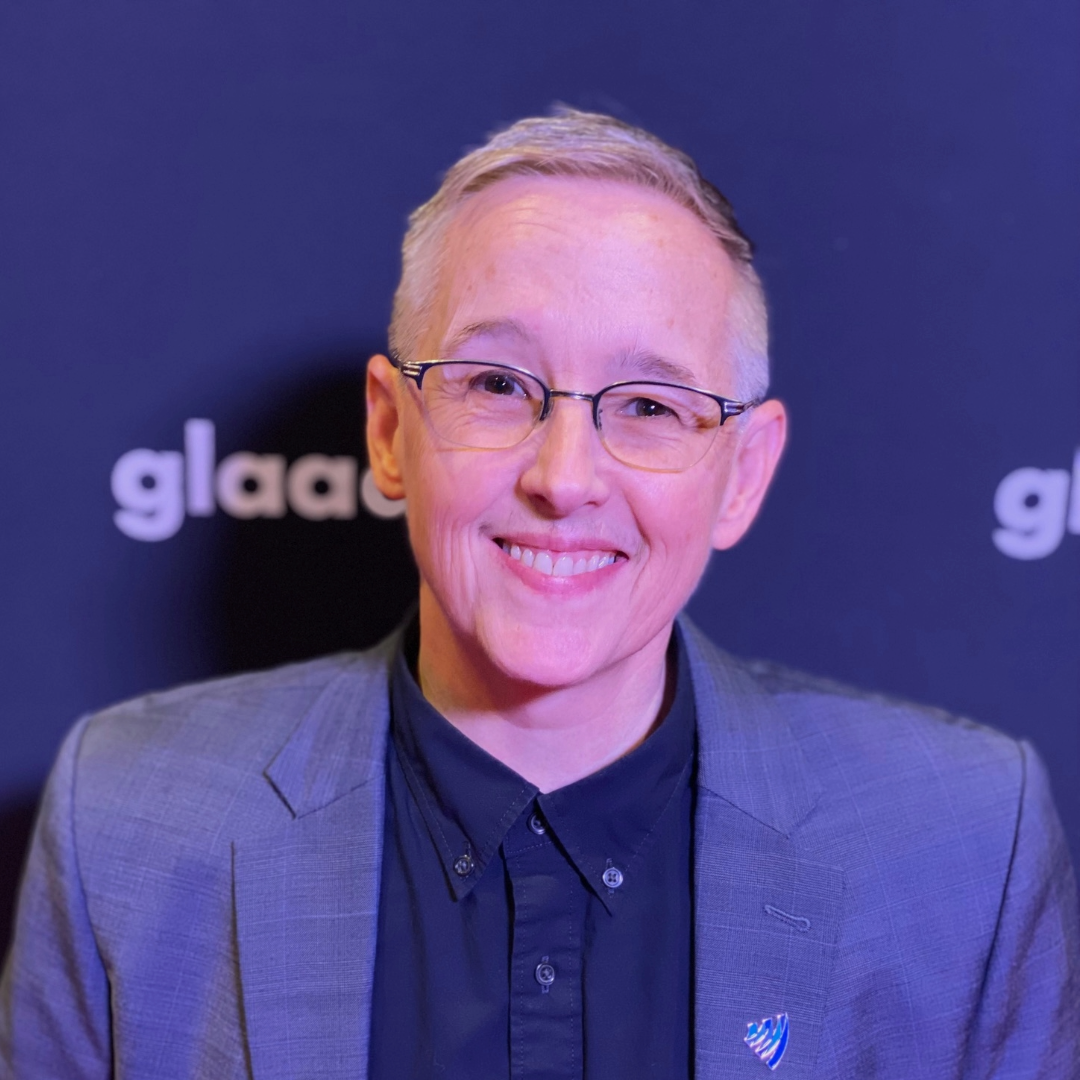This is Not Normal: Meta’s Anti-LGBTQ Makeover
Jenni Olson / Feb 7, 2025Jenni Olson is the senior director of the GLAAD Social Media Safety Program.

Mark Zuckerberg is seen in attendance during the UFC 298 event at Honda Center on February 17, 2024, in Anaheim, California. (Photo by Chris Unger/Zuffa LLC via Getty Images)
GLAAD first began working with Meta in 2010, helping the company (then Facebook) launch the Facebook Network of Support to fight anti-LGBTQ bullying and hate. Over the last 15 years, the company has expressed public support for LGBTQ rights and equality. From campaigns supporting marriage equality to initiatives promoting Trans Day of Visibility, Meta proudly expressed its values as an LGBTQ-friendly company. And while it has been far from perfect in its enforcement efforts (and hasn’t posted on its official LGBTQ Facebook page for more than two years), the company has at least maintained policies that aim to protect the safety of LGBTQ users.
With Meta founder and CEO Mark Zuckerberg's brash declarations in early January, all of this has changed. In addition to dropping fact-checking in the US and reducing content moderation, the company announced the suspension of its DEI programs, rolled back safety policies protecting LGBTQ people (especially transgender people) and many other marginalized groups, removed trans and nonbinary themes from Messenger, and even adopted anti-LGBTQ rhetoric in its own public-facing policies. In an added symbolic gesture, the company ordered the removal of tampons from men’s restrooms at Meta offices. Journalists also reported on the company’s leaked internal enforcement guidelines, which now state that some extreme anti-LGBTQ slurs and previously mitigated phrases are now permitted.
These new policy and product changes presage (and very obviously mirror) the relentless deluge of anti-trans and anti-DEI efforts now emanating from the White House. And they send a clear message that Meta and its leadership may actually hold (and espouse) bigoted, homophobic, and transphobic beliefs about LGBTQ people.
Some of Meta’s users, creators, and workers may share these horrible anti-LGBTQ perspectives. Certainly, many of them (hopefully most) don’t. While some of Meta’s advertisers may look the other way and ignore such blatant targeting of the LGBTQ community, I feel confident that many (hopefully most) will not. Just in these past couple of weeks, Meta employees have expressed widespread concern and objections. We’re also seeing growing concerns from brands and advertisers who do not want their ads appearing next to content that uses extreme anti-trans slurs or calls LGBTQ people “abnormal,” both of which are now allowed under the new guidelines.
Given Meta’s rightward, “MAGA makeover” shift in top leadership, including the elevation of Joel Kaplan to Global Policy Chief and the August 2024 hiring of Project 2025 chapter author Dustin Carmack as Director of Public Policy, it should not be surprising that the company is now making public statements such as this one, employing well-known anti-LGBTQ rhetoric straight out of Project 2025:
“We do allow allegations of mental illness or abnormality when based on gender or sexual orientation, given political and religious discourse about transgenderism [sic] and homosexuality [sic]…”
— Meta Hateful Conduct policy (updated January 7, 2025)
The purpose of maintaining hate speech policies is to keep all users safe, not to put a target on the backs of one historically marginalized group. Meta enshrining a statement that LGBTQ people are “abnormal” and “mentally ill,” and intentionally employing overtly bigoted anti-LGBTQ dog whistle language, deliberately expressing animus towards one group of people based on their protected characteristics in a hate speech policy — is unprecedented. (Picture the degrading intent of an equivalent intentionally archaic phrasing such as: “We do allow allegations of abnormality when based on race/disability, given political discourse about negroes [sic]/the handicapped [sic].”)
For those who may not be aware, the term “transgenderism” is a well-known right-wing trope intended to falsely assert that being transgender is an ideology rather than an innate identity. (Project 2025 and the many recent, draconian anti-trans White House executive orders employ this trope and the equivalent insidious phrase “gender ideology” as their chief rhetorical strategy). The term “homosexuality” is an outdated, intentionally pathologizing way of referring to gay and lesbian people.
Meta has never previously used these terms or this kind of offensive anti-LGBTQ language in public policies or communications.
This is not normal.
And this is only one sentence. (There’s a long list of other groups Meta is throwing to the curb as well, including immigrants, women, people of color, people with disabilities, and more.)
This new, extreme right posturing is directly connected to the new administration’s efforts to dismantle the very concept of diversity, equity, and inclusion (DEI) and to ultimately wipe out anti-discrimination protections for all historically marginalized groups — in the workplace, in employment, housing, lending, and more. This is an effort that is actively in process right now, with the US Equal Employment Opportunity Commission (EEOC) announcing last week that it has already halted processing of claims of workplace discrimination on the basis of sexual orientation and gender identity.
In our research at GLAAD, we know that this kind of hate is not in alignment with the pluralistic values of most Americans. Meta’s advertisers, creators, customers, and workers should take heed that Meta’s corporate values have drastically changed from respecting the diversity of all of the people who make up the fabric of American society to a proactive declaration of bigotry and hate attacking its own users.
Authors
